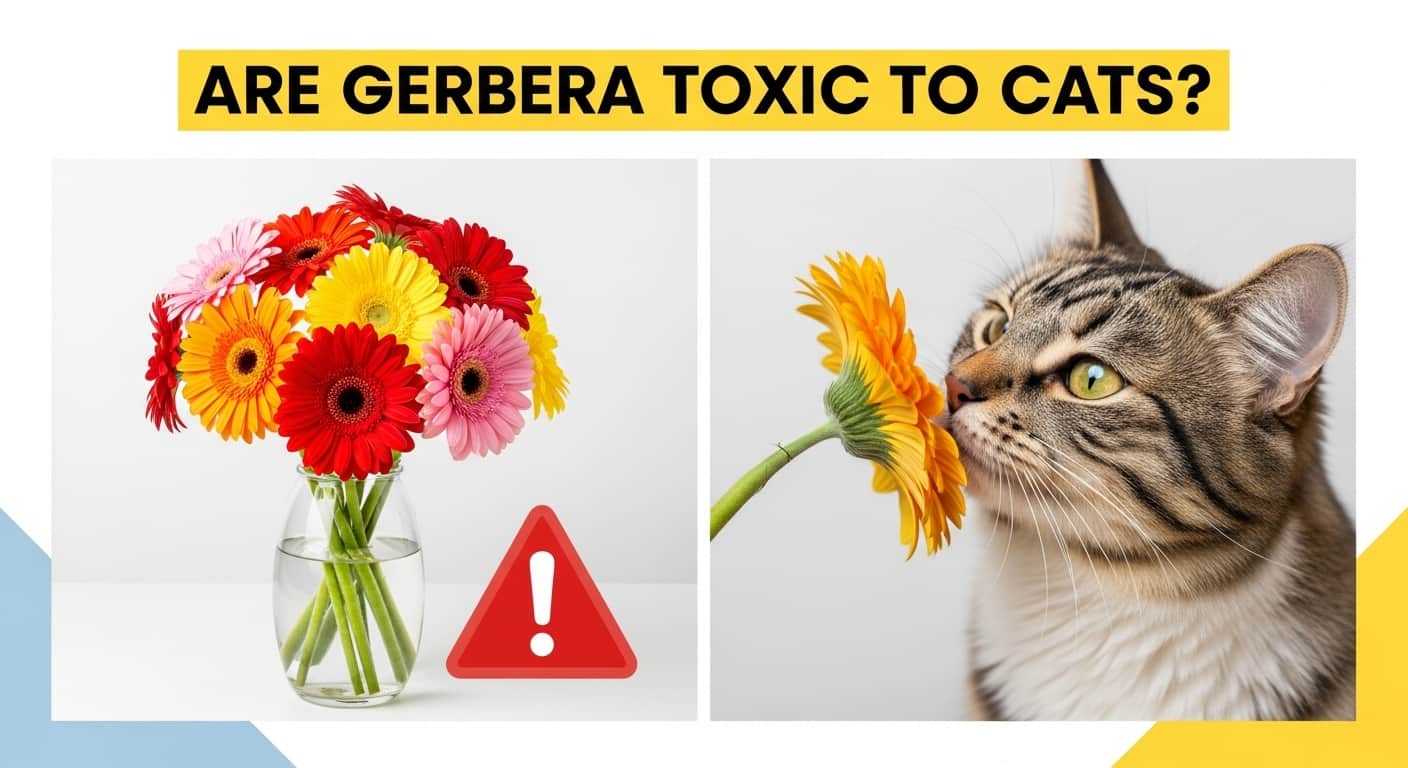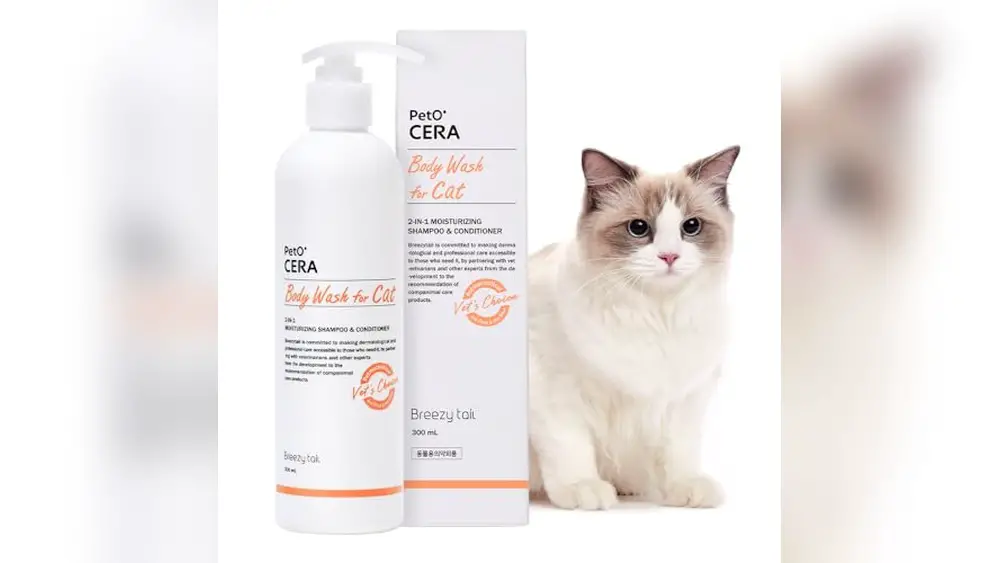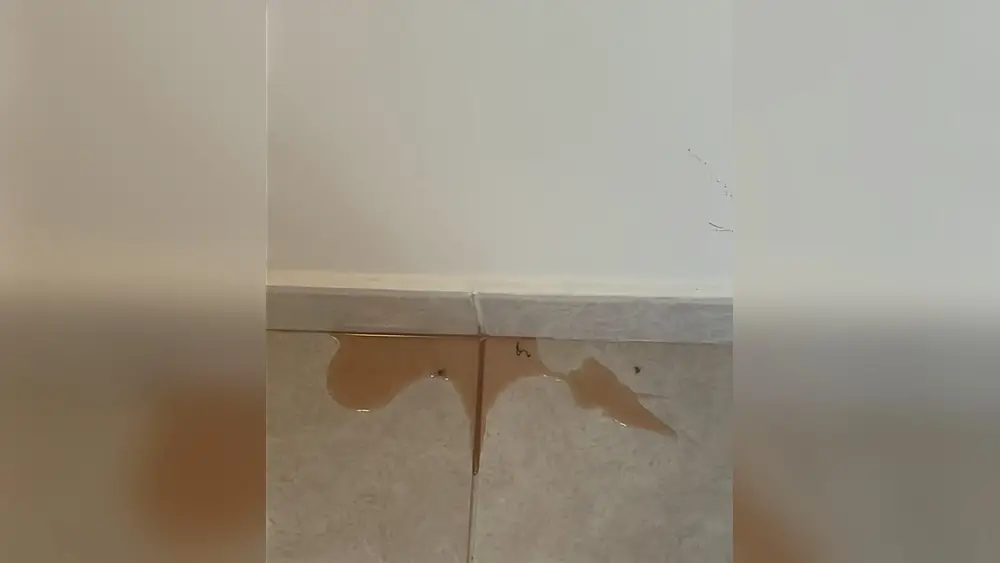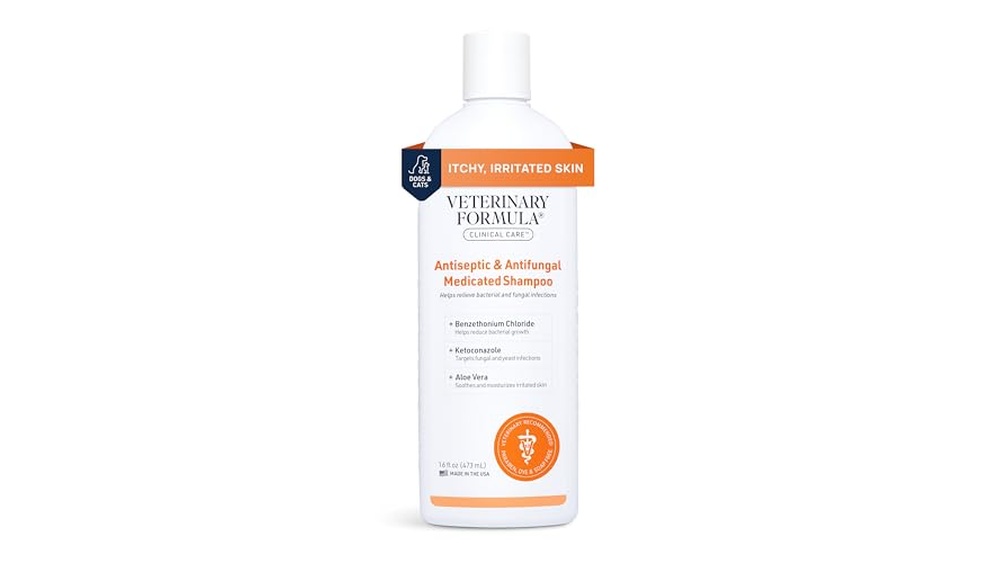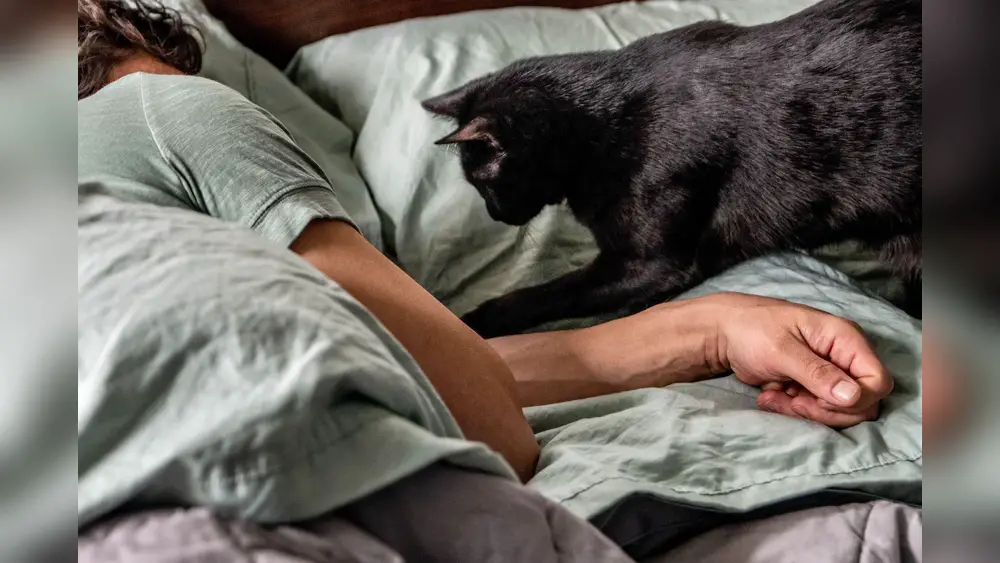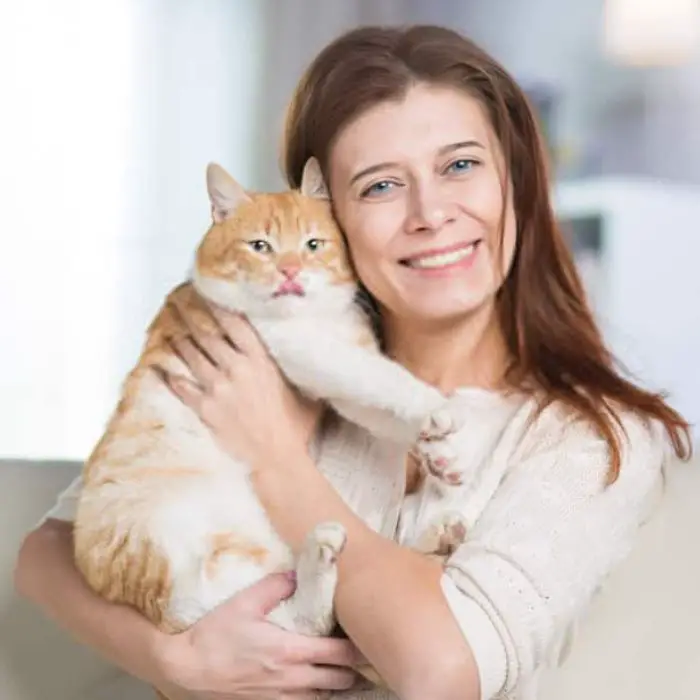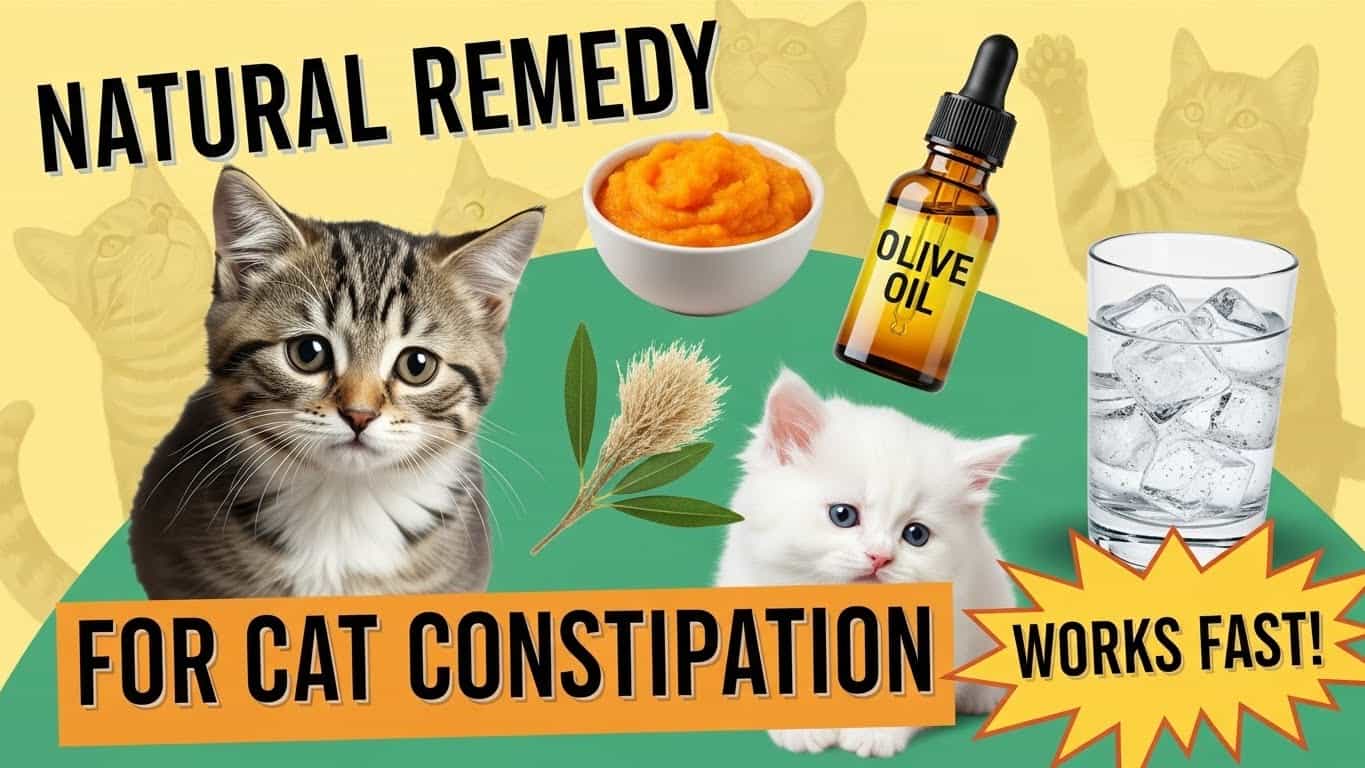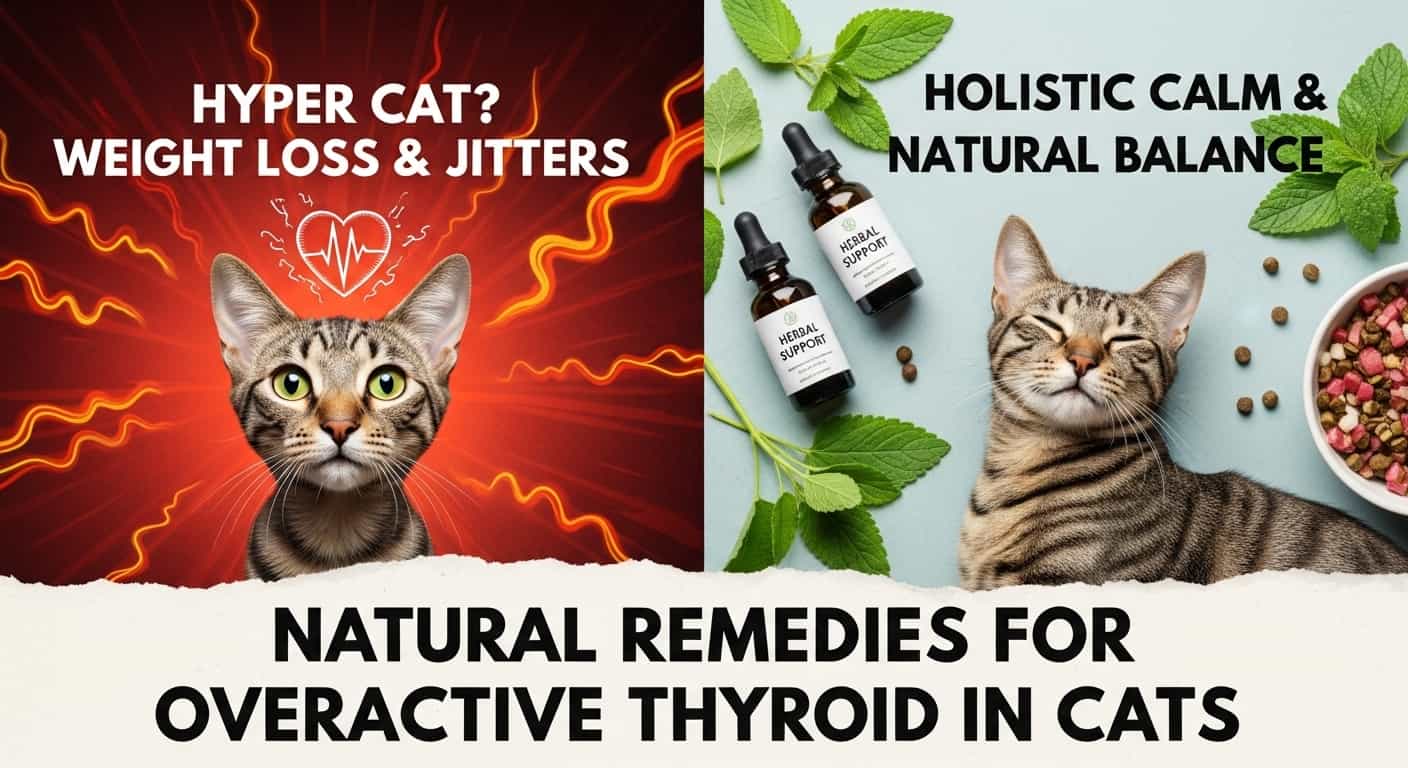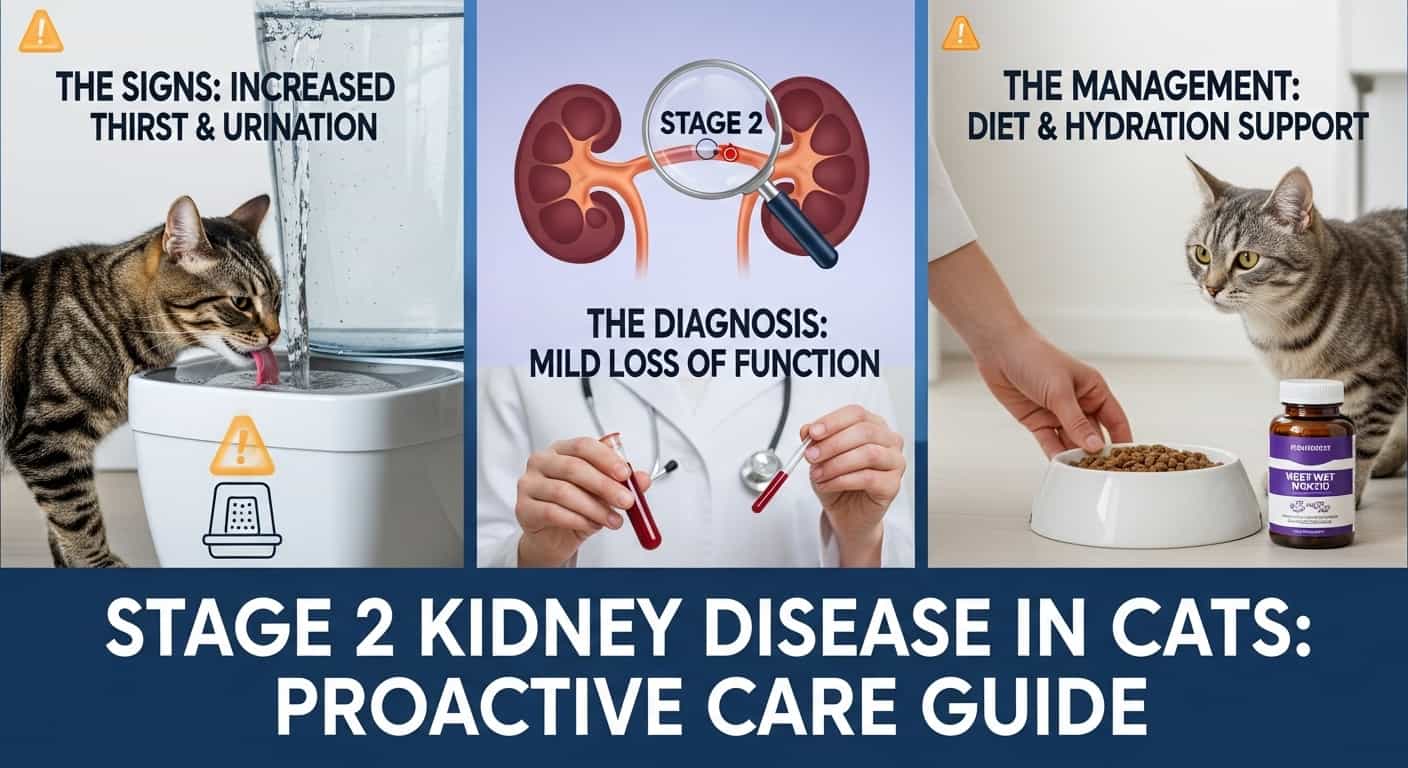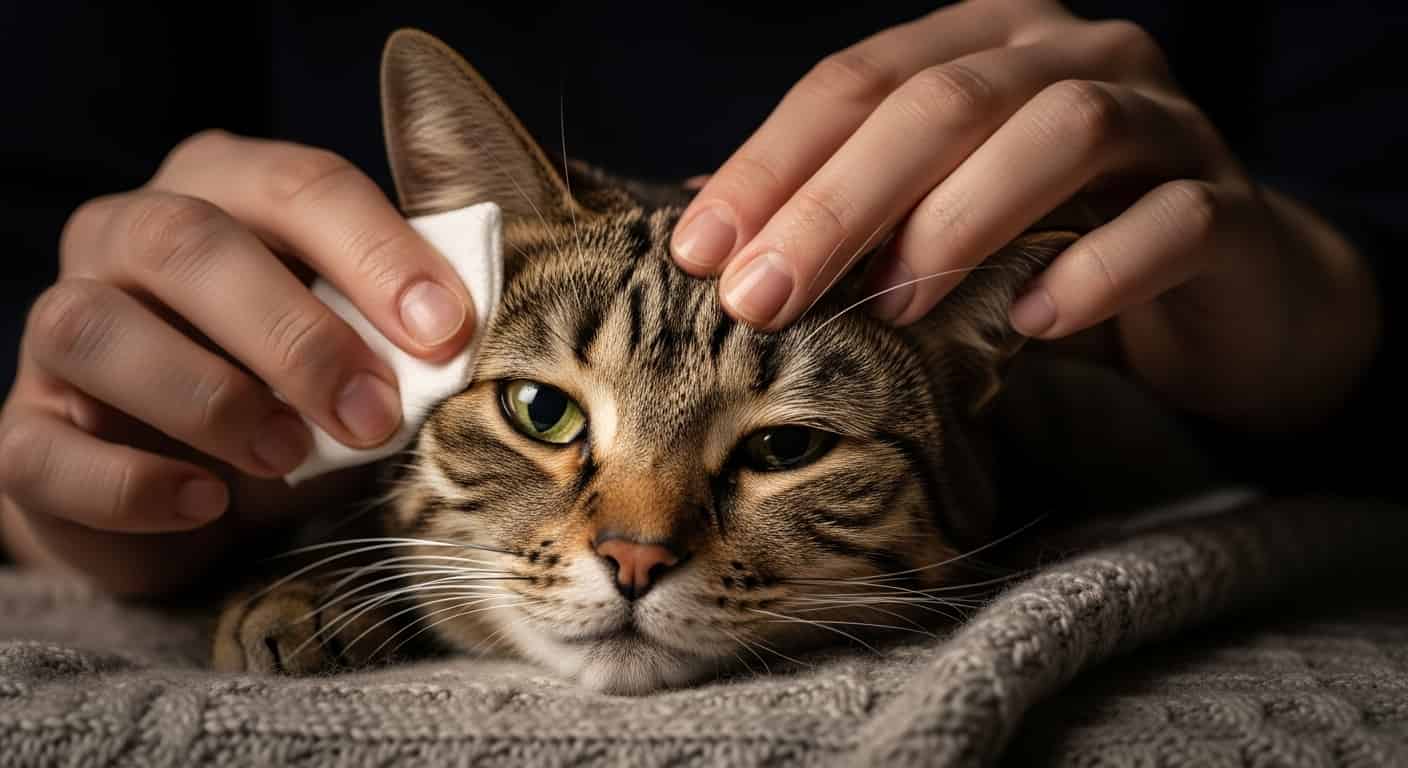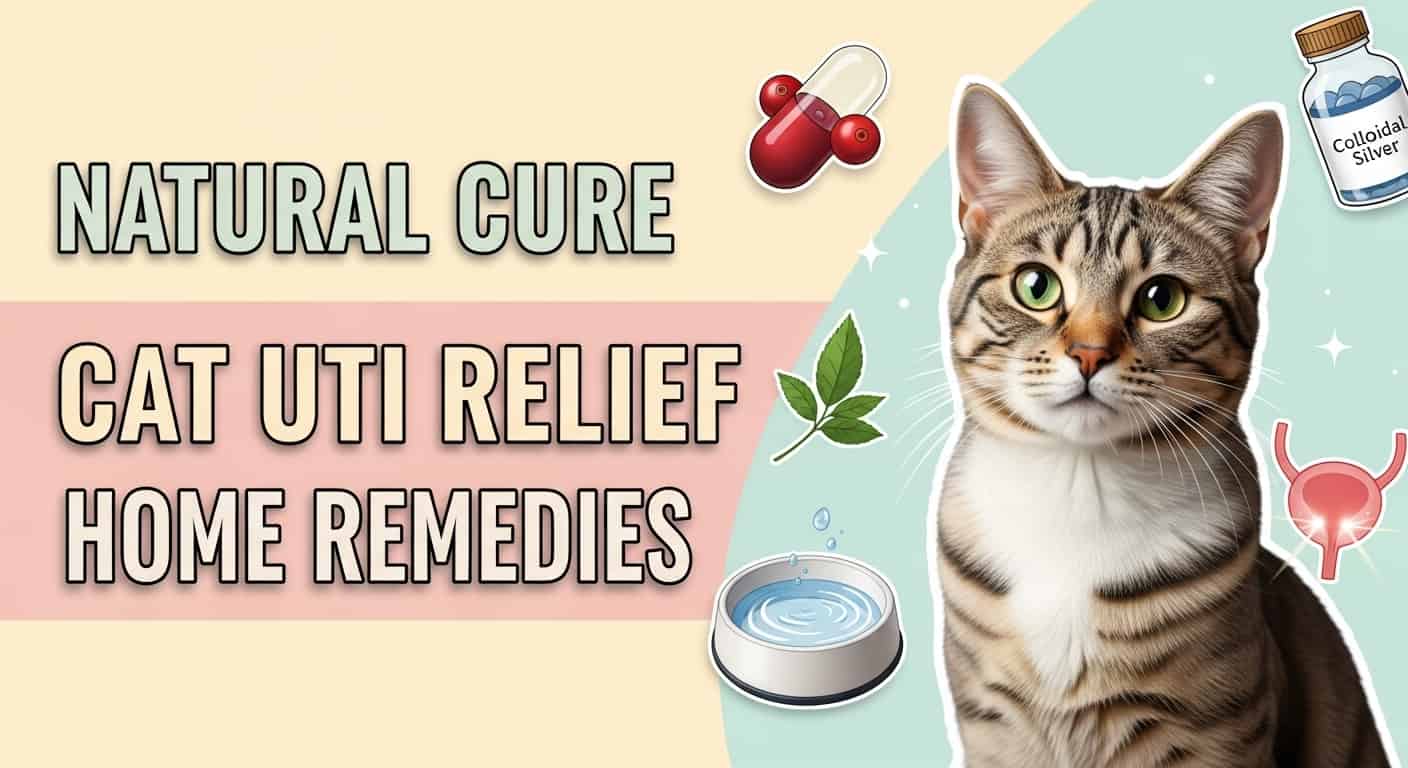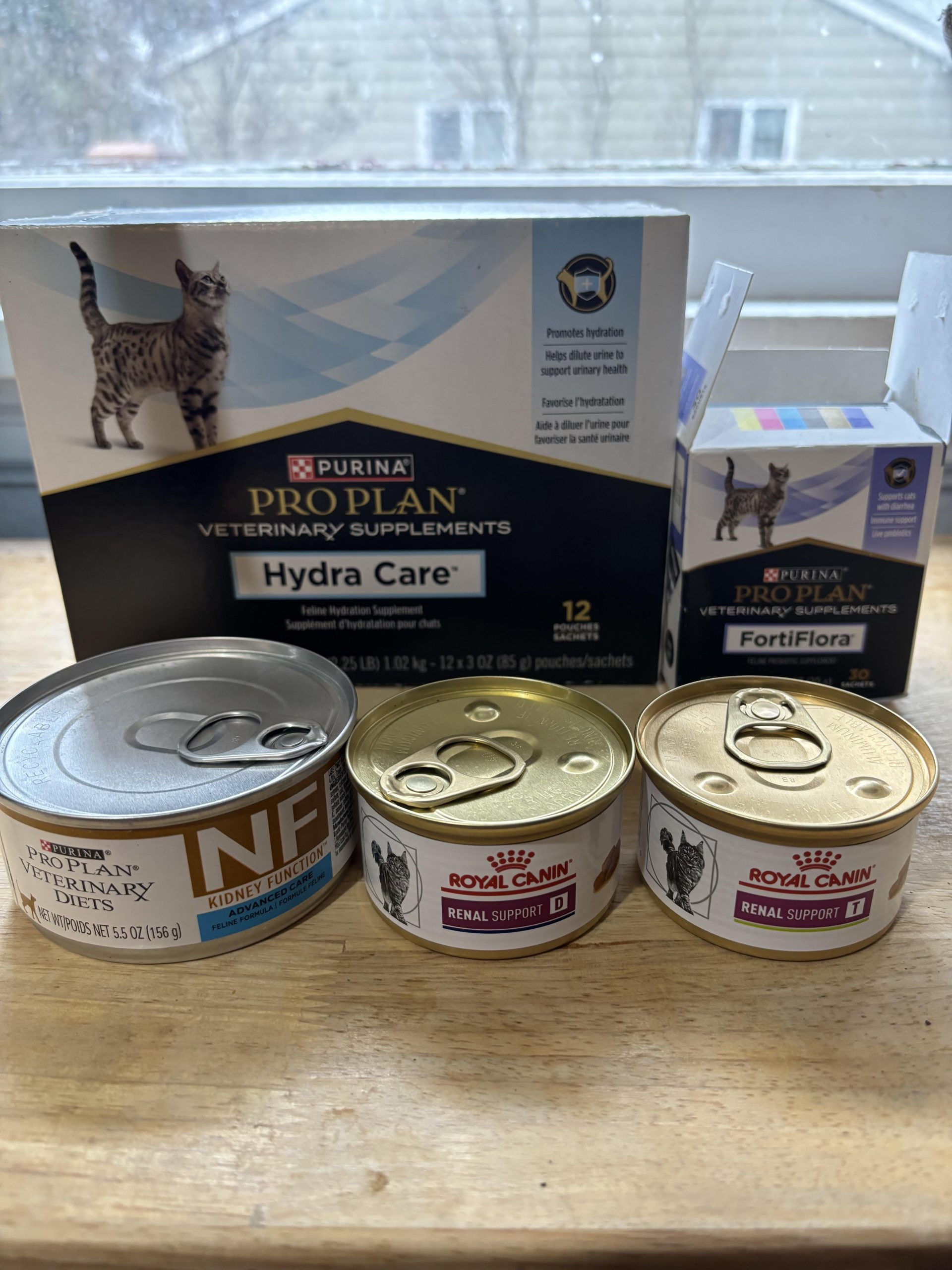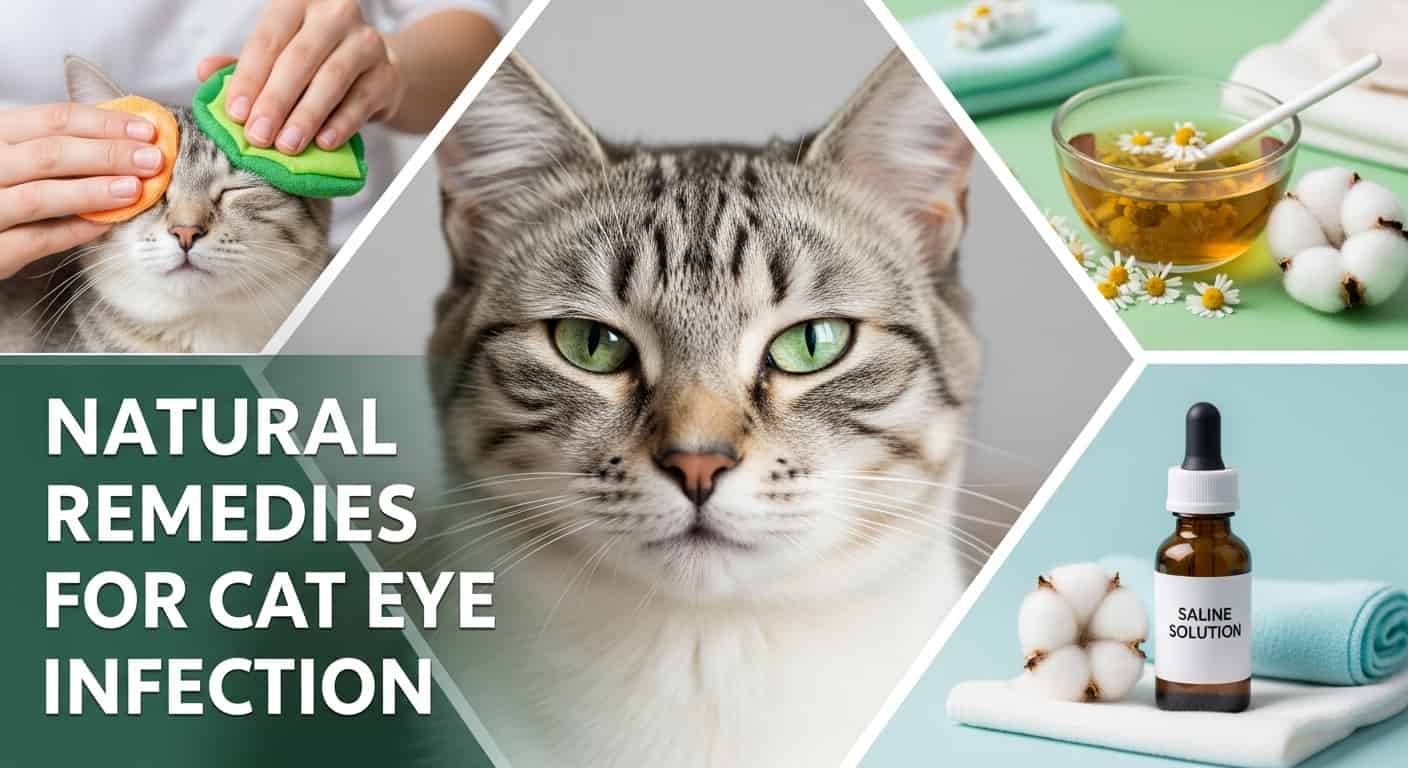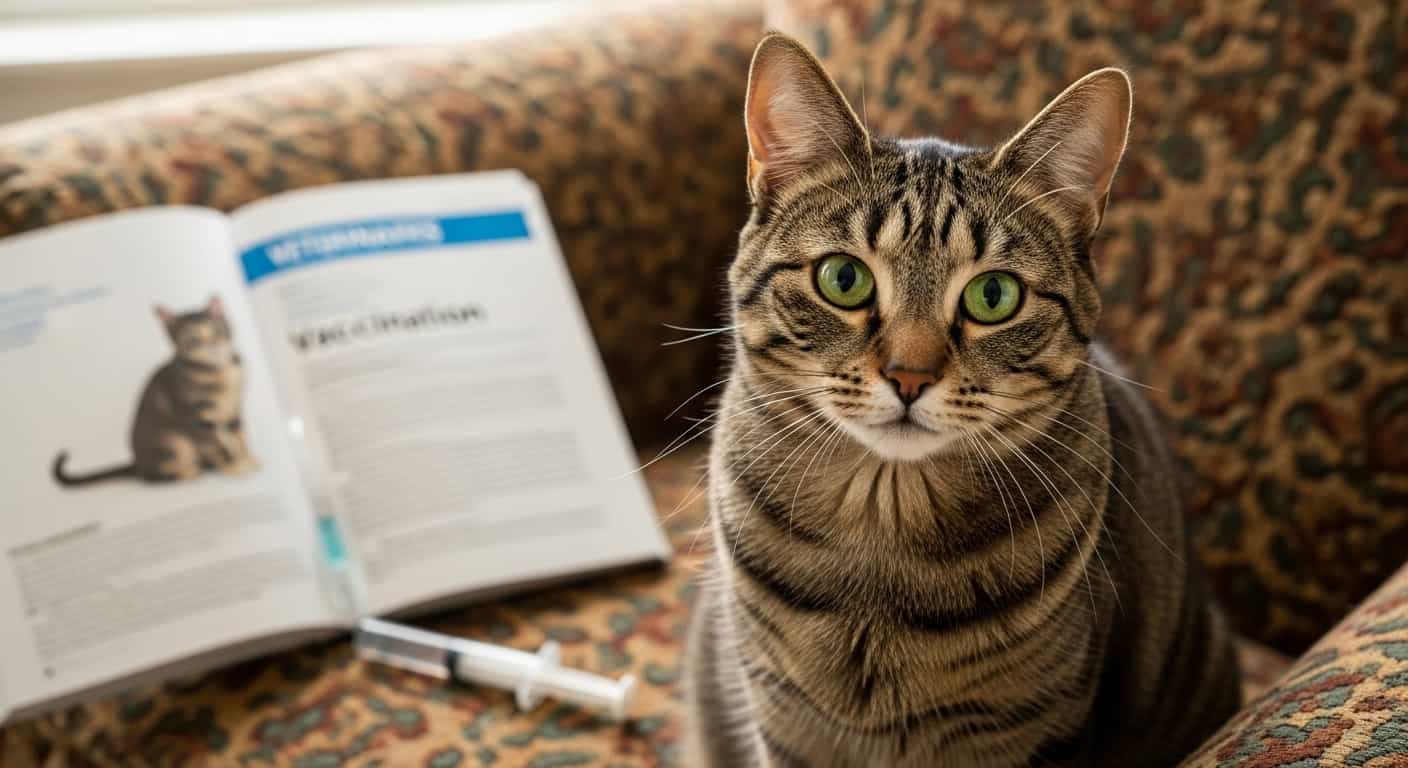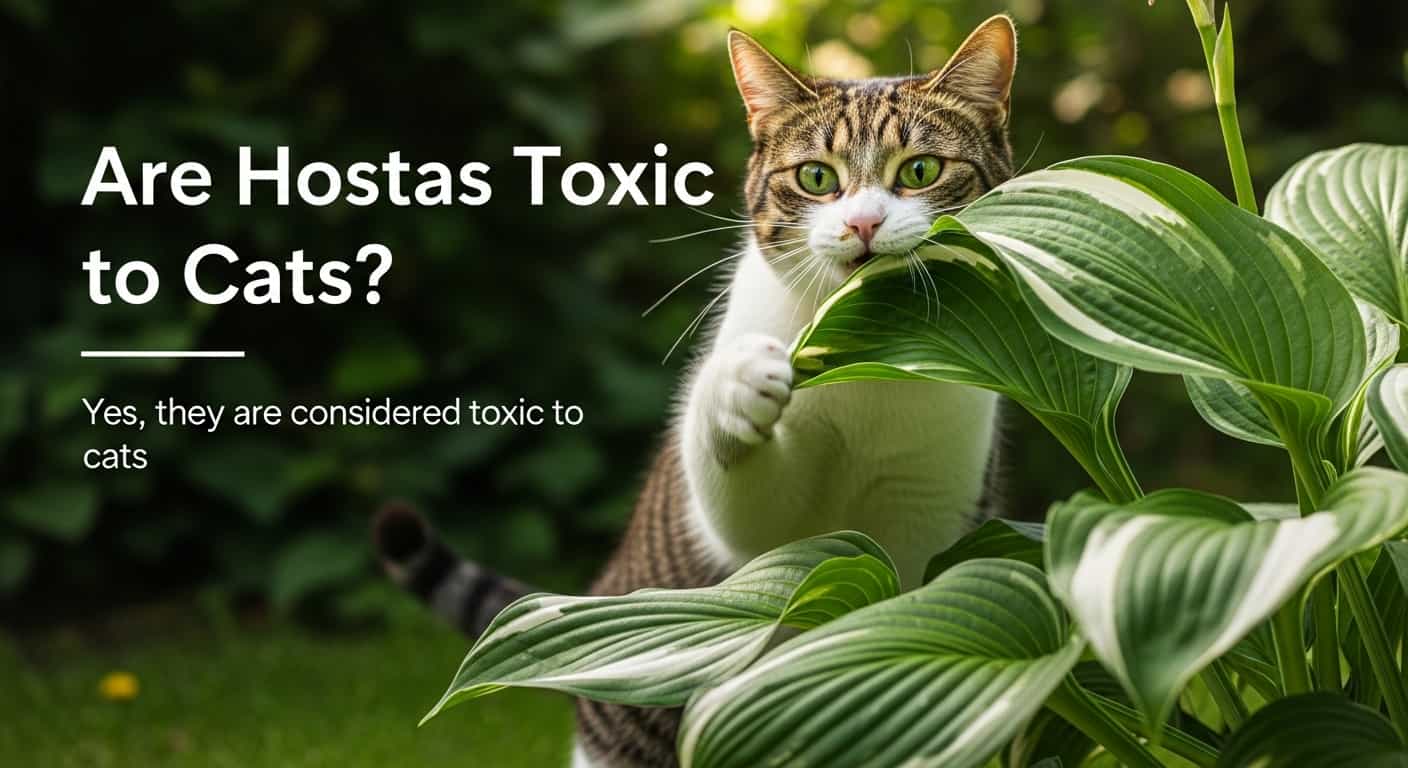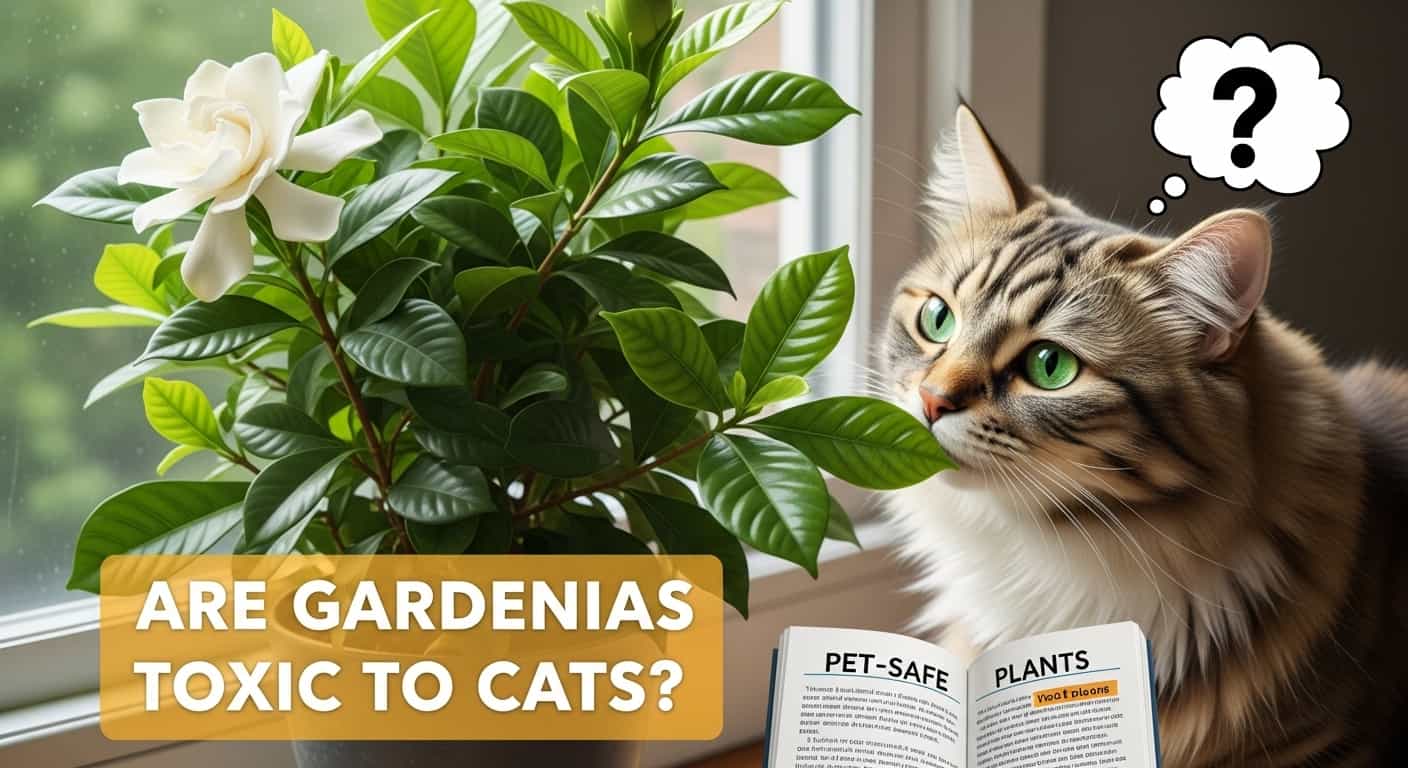Imagine this: you come home, excited about the vibrant bouquet of gerbera daisies brightening up your living room. But then, you spot your cat eyeing them with a curiosity only feline friends possess.
Table of Contents
ToggleBefore panic sets in, you wonder, “Are gerberas toxic to cats? ” We know how much you love your furry companion and how you constantly strive to keep them safe. Flowers can be a tricky subject, especially when some innocent-looking petals hide dangers for your pets.
This curiosity isn’t just about protecting your home decor from a playful paw; it’s about ensuring your cat’s health and happiness. You’ll uncover the truth about gerberas and their safety for cats. We’ll explore what you can do to keep your pet safe while enjoying the beauty of these flowers. Keep reading to find out if your bouquet poses a risk, or if you can let your cat sniff those petals without worry. Your cat’s well-being is important, and by the end of this article, you’ll feel confident in your home’s floral choices.
Gerbera Daisy Characteristics
Gerbera daisies, with their vibrant blooms, are a favorite in gardens and bouquets. Fortunately, they are non-toxic to cats, making them a safe choice for pet owners who want to brighten their homes. These flowers provide beauty without the worry of harming feline friends.
Gerbera daisies are a popular choice for many plant enthusiasts. Their bright, cheerful blooms bring a splash of color to any room. But what exactly makes these flowers so appealing, and are they safe for your feline friends?Origin And Appearance
Gerbera daisies originated in South Africa. They have quickly spread across the globe due to their vibrant appearance and ease of care. Each flower features a striking central disc surrounded by a halo of brightly colored petals. Their colors range from bold reds and oranges to soft pinks and whites. This diversity makes them a versatile addition to any decor. You might find them brightening up a living room corner or adding charm to a dining table centerpiece.Here's a related post that you might find useful. Are Violas Toxic to Cats: Uncover the Truth
Common Uses In Homes
People often use Gerbera daisies to bring life to indoor spaces. Their lively colors can boost your mood and energize a room. Imagine walking into your kitchen and being greeted by a bouquet of these happy blooms. They are also a popular choice for events and gatherings. Gerbera daisies can add a touch of elegance to weddings or simply brighten a birthday celebration. Have you ever considered how a simple vase of flowers can transform a room’s atmosphere? However, if you have cats at home, you might wonder if these flowers are safe. Before adding them to your space, it’s crucial to ensure they won’t harm your furry friends. Have you checked if your current plants are cat-friendly? Understanding the characteristics of Gerbera daisies can help you decide if they’re the right fit for your home. Whether you’re a seasoned plant lover or just starting your green journey, these flowers might just be the perfect addition.
Credit: catladyfitness.com
Cat-safe Plants
Creating a cat-friendly environment starts with choosing the right plants. Some plants can be harmful to cats, leading to health issues. Gerbera daisies, fortunately, are non-toxic to cats. These cheerful flowers add beauty without posing a threat. Knowing which plants are safe is crucial for a cat’s well-being.
Identifying Non-toxic Varieties
It’s important to identify plants that are safe for cats. Gerbera daisies are a popular choice. Their vibrant colors brighten any space. They are harmless to curious cats. Other safe plants include spider plants and bamboo palms. These plants won’t harm your furry friend. Cat-safe plants should be on your list.
Benefits Of Cat-friendly Flora
Cat-friendly plants offer many benefits. They create a safe home environment. These plants reduce stress for both pets and owners. Cats can explore without risk. Plant life also improves air quality. It enhances home aesthetics too. Safe plants allow peace of mind. Your home becomes a sanctuary for cats.
Here's a related post that you might find useful. Are Impatiens Toxic to Cats: Essential Safety Guide
Gerberas And Toxicity
Gerberas, with their bright petals and cheerful appearance, are a favorite among gardeners and home decorators. Their vibrant colors can instantly uplift any room. But if you own a cat, you might wonder if these flowers pose any threat to your furry friend.
It’s essential to understand the relationship between gerberas and toxicity, especially if your cat is known to nibble on plants. While these flowers are generally considered safe, it’s crucial to be informed about their specific components and how they might affect your cat.
Active Compounds In Gerberas
Gerberas contain natural compounds that give them their bright colors and pleasant scent. These components are mainly flavonoids and carotenoids, which are generally non-toxic to cats.
However, every plant has its own unique blend of chemicals. Even if the main compounds are harmless, it’s always good to be cautious. The ASPCA lists gerberas as non-toxic, but individual reactions can vary.
Effects On Cats
Most cats may not show any adverse reactions to gerberas. But if your cat is particularly curious and decides to chew on the petals or leaves, they might experience mild digestive upset.
Symptoms can include vomiting or diarrhea, but these are rare. If you notice any unusual behavior after your cat interacts with gerberas, it’s wise to consult your vet.
Have you ever watched your cat sniff around your floral arrangements? It’s both adorable and nerve-wracking. Ensuring your plants are safe can bring peace of mind and allow you to enjoy your decor without worry.
When choosing plants for your home, do you prioritize your cat’s safety? Balancing aesthetics with pet safety can be challenging, but knowledge is your best tool.
Symptoms Of Plant Poisoning In Cats
Gerbera daisies are generally safe for cats, causing no severe symptoms. Still, watch for mild drooling or upset stomach. It’s best to keep curious cats away from these flowers to ensure their safety.
Cats are curious creatures with a penchant for nibbling on things they shouldn’t. If you suspect your cat has come into contact with a toxic plant, knowing the symptoms of plant poisoning can be vital. Recognizing these symptoms early can make a significant difference in your pet’s recovery.Physical Signs
Your cat may show several physical signs if they’ve ingested a toxic plant. Look for vomiting or diarrhea, as these are common reactions to ingesting something harmful. You might notice excessive drooling, which can indicate oral irritation. Another physical sign is difficulty breathing, which is a serious symptom that requires immediate veterinary attention. If your cat’s pupils appear dilated or they seem to be losing coordination, these could also be signs of poisoning. Trust your instincts; if something seems off, it’s worth checking out.Behavioral Changes
Changes in behavior can be a tell-tale sign that your cat isn’t feeling well. Your typically playful cat might suddenly become lethargic or unusually quiet. Conversely, they might become agitated or display restlessness. Watch for unusual hiding behavior. If your cat is retreating to unusual places, it might be trying to escape discomfort. Similarly, if your cat becomes aggressive or irritable, it could be reacting to pain or distress. Have you noticed any behavioral shifts in your feline friend? It might be time to assess their environment for potential hazards. By being aware of these symptoms, you can take swift action to protect your beloved pet from harm. Always remember, when in doubt, consult your veterinarian for advice. Your cat’s health and safety should always come first.Immediate Actions For Suspected Poisoning
Suspecting your cat has ingested something harmful can be alarming. Immediate actions are crucial to ensure your pet’s safety. Quick responses can prevent severe health issues.
Contacting A Veterinarian
First, call your veterinarian without delay. Describe your cat’s symptoms clearly. Mention any exposure to plants or unknown substances. The vet will guide you on next steps.
First Aid Measures
While waiting for professional help, perform basic first aid. Keep your cat calm and comfortable. Remove any plant remnants from their mouth or fur. Do not induce vomiting unless directed by a vet.
Ensure fresh water is available. Watch for signs of distress. Note any changes in behavior or symptoms. This information is vital for the vet’s assessment.
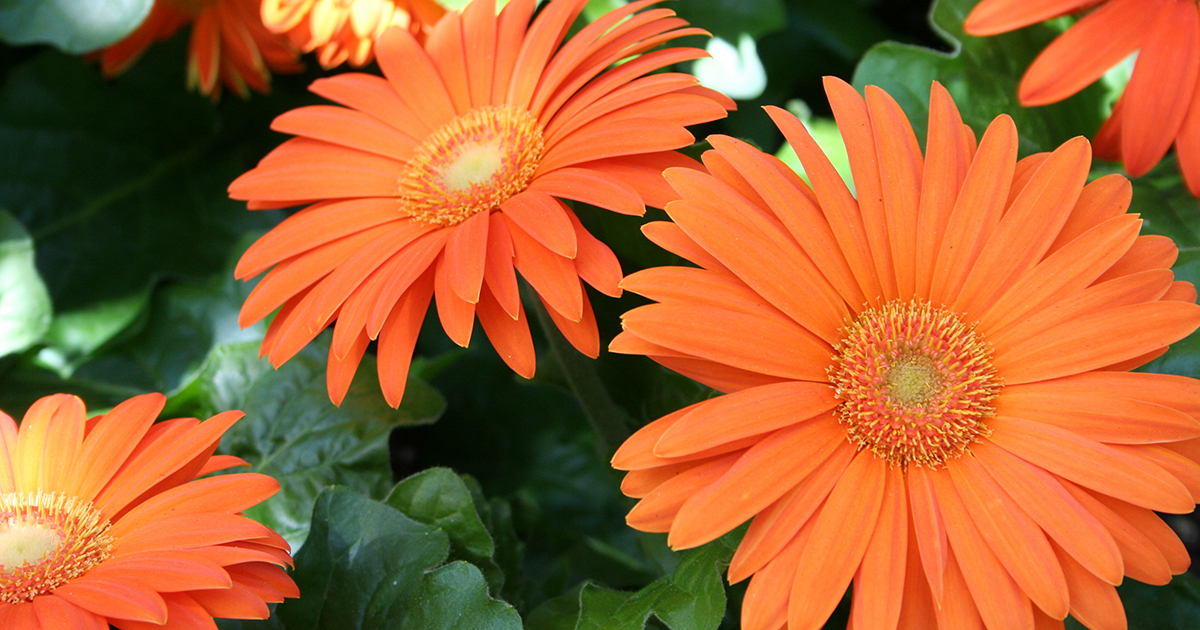
Credit: www.aspca.org
Preventive Measures For Cat Owners
Many cat owners worry about plant safety. Cats are curious and love to explore. This includes chewing on plants. Keeping your pet safe requires careful choices. Understand which plants are safe. Take steps to prevent any health risks.
Choosing Safe Plants
Always opt for non-toxic plants. Gerbera daisies are generally safe for cats. They add beauty to your home without posing a threat. Research before bringing any plant inside. Make a list of cat-safe plants. Keep this list handy for reference. Avoid plants that are known to be harmful.
Monitoring Cat Behavior
Watch your cat’s behavior around plants. Cats may show interest in new additions. Notice if they chew or play with plants. If your cat seems too interested, consider moving the plant. Place plants in hard-to-reach areas. This reduces the chance of your cat eating them.
Alternatives To Gerberas
Gerberas pose no threat to cats, but exploring alternatives can refresh your floral arrangement. Consider cat-friendly blooms like roses or orchids. These options ensure beauty without risking your feline’s health.
If you’re a cat lover who also enjoys the beauty of flowers, you might be concerned about the potential toxicity of certain plants. Gerberas, although stunning, can pose risks to your feline friends. Fortunately, there are numerous alternatives that are both beautiful and safe for your cats. Let’s explore some non-toxic floral options and how you can create a cat-friendly environment.Non-toxic Floral Options
Consider adding African Violets to your home. These charming plants offer vibrant blooms and are harmless to cats. Their small size makes them perfect for window sills or shelves. Spider Plants are another great choice. They have striking green and white leaves and are known to be safe for cats. Plus, they are easy to care for and thrive in various light conditions. Boston Ferns add a lush, green touch to your space. Unlike many ferns, these are non-toxic to cats and can make your home feel like a mini rainforest. Want something more colorful? Orchids are pet-friendly and come in a variety of colors. They can be a bit tricky to care for, but their beauty is worth the effort. Do you have any other favorite flowers that are safe for cats? Share them in the comments!Creating A Cat-friendly Environment
Think about your cat’s natural behavior. Cats love to explore and sometimes nibble on plants. Placing flowers out of reach can reduce the risk of accidental ingestion. You might also consider dedicating a space just for your cat, filled with toys and scratching posts. This can divert their attention away from your beloved plants. Using plant stands or hanging pots can also keep plants safe from curious paws. This way, you can enjoy your greenery without worry. Have you ever caught your cat playing with your plants? It might be time to rearrange your setup. By choosing non-toxic plants and arranging your home thoughtfully, you can enjoy both your floral decor and your feline companions without compromise.
Credit: www.reddit.com
Frequently Asked Questions
Are Gerbera Flowers Harmful To Cats?
Gerbera flowers are not harmful to cats. They are considered non-toxic, making them safe for feline friends. However, it’s always best to prevent excessive chewing, as it can cause mild digestive upset.
Can Cats Eat Gerbera Daisies?
Cats can nibble on gerbera daisies without major concerns. While non-toxic, excessive consumption might cause mild digestive issues. It’s advisable to supervise and limit their interaction with the flowers to ensure safety.
What Flowers Are Toxic To Cats?
Several flowers are toxic to cats, including lilies, tulips, and daffodils. These can cause severe health issues if ingested. Always research and choose safe flowers like gerberas for homes with cats.
How To Keep Cats Away From Flowers?
To keep cats away from flowers, use deterrents like citrus peels or pet-safe sprays. Alternatively, place flowers in inaccessible areas. Providing cat grass or other safe plants can also redirect their attention.
Conclusion
Gerbera flowers are generally safe for cats. They add beauty to homes. Pet owners can enjoy these flowers without worry. It’s important to monitor any changes in your cat’s behavior. Always consult a vet if concerns arise. Being informed keeps your pets safe.
Keep harmful plants away from cats. Choose pet-friendly plants like gerberas. Your cat’s health should always come first. Simple steps ensure a happy, healthy home. Enjoy the beauty of gerberas with peace of mind. Happy cat, happy home!

